Do you remember the last time you heard about a new professional learning course coming your way? Did you feel excited, nervous, or perhaps curious whether it would truly provide the tools you need to deliver high-quality instruction for your students?
At Outcomes Based Contracting (OBC), an initiative of the Southern Education Foundation, we know that improving professional learning activities directly tied to curriculum and instruction is important. That’s why we partnered with Rivet Education on an important study that tackles a long-standing question about the feasibility of improving the implementation of Curriculum-Based Professional Learning (CBPL) in school districts using the Outcomes Based Contracting (OBC) framework. By clearly identifying and aligning on goals and desired outcomes from the start, districts and providers can strengthen CBPL delivery and enhance the implementation of high-quality instructional materials (HQIM). This study provides a solid framework for doing just that. This structure is essential for achieving meaningful student outcomes.
What Is OBC and Why Does it Matter?
Outcomes based contracting empowers school districts to contract for clear student outcomes and compels mutual accountability for achieving them. OBC is a method of contracting in the K-12 instructional marketplace where a substantial portion of payment to a service provider (at least 40%) is contingent on meeting agreed-upon outcomes. By holding both districts and providers responsible for driving student success, OBC fosters a culture of mutual accountability and focused collaboration. This ensures that every effort is made to address equity gaps with clear expectations for achieving the contracted outcomes.
What Did the Study Aim to Discover?
In collaboration with Rivet Education, OBC conducted a feasibility study to explore how the OBC framework can be used to enhance the implementation of CBPL in school districts. CBPL involves professional learning activities that are directly tied to the curriculum and instructional materials used in classrooms. Unlike typical professional learning programs, CBPL is job-embedded and ongoing. It is designed to achieve clear outcomes, targeted to specific groups, and supported by HQIM. This type of professional learning is grounded in recent research, identifying the most impactful forms of professional learning on student learning outcomes.
Key Findings from the Study
Since April, the OBC team has conducted more than 20 interviews with school districts, professional learning providers, and other organizations in order to understand the current state of CBPL in districts and explore opportunities to improve CBPL implementation under an OBC. This input, along with significant research yielded several key findings.
- The study confirms that it is feasible to pilot OBC for certain types of CBPL with mutual interest from both districts and professional learning providers. This approach requires proactive identification and alignment on goals and desired outcomes at the start of the partnership, leading to strengthened CBPL delivery and HQIM implementation.
- District leaders need to understand CBPL and its research base to effectively establish and execute OBCs. Developing a mutual understanding of CBPL and HQIM is crucial for successful contracts.
- The success of an OBC hinges on identifying outcomes that are meaningful (important to the district), malleable (able to be impacted by the CBPL), and measurable (feasible to be accurately monitored to assess progress and attainment).
- OBC is better suited for CBPL that is job-embedded, ongoing, designed to achieve clear outcomes, targeted to specific groups, and grounded in HQIM.
The report offers recommendations on how to structure OBC contracts to overcome previous challenges, including:
- Piloting OBC for initial implementation and ongoing implementation support for teachers.
- Supporting districts in understanding the HQIM implementation journey.
- Using Guskey’s Five Levels of Professional Development Evaluation to measure CBPL outcomes.
- Developing clear minimum service requirements for effective CBPL delivery.
- Structuring contracts with teacher input to achieve both short- and long-term outcomes.
What’s Next?
OBC is establishing a working group to delve deeper into feasibility and prepare for a pilot cohort. This group will develop CBPL-specific resources like outcome-metric pairs, pricing guidelines, and RFP/contract templates. Additionally, the initiative will collaborate with professional learning experts to research and share insights on the pilot implementation’s effectiveness.
How You Can Get Involved
We encourage you to review the study and help spread awareness of its findings and significance within your networks. Your feedback will be invaluable in refining our approach and ensuring successful implementation. You can also follow us on LinkedIn and learn more about the Outcomes Based Contracting initiative by visiting https://obc.southerneducation.org/.
Districts interested in learning more about OBC can register for our annual fall Convening, September 23-25 in Austin, TX. Providers can join us for a Provider Summit September 25-26 in Austin, TX. Together, we can take significant steps toward enhancing professional learning and ensuring that every student has access to a high-quality education.





